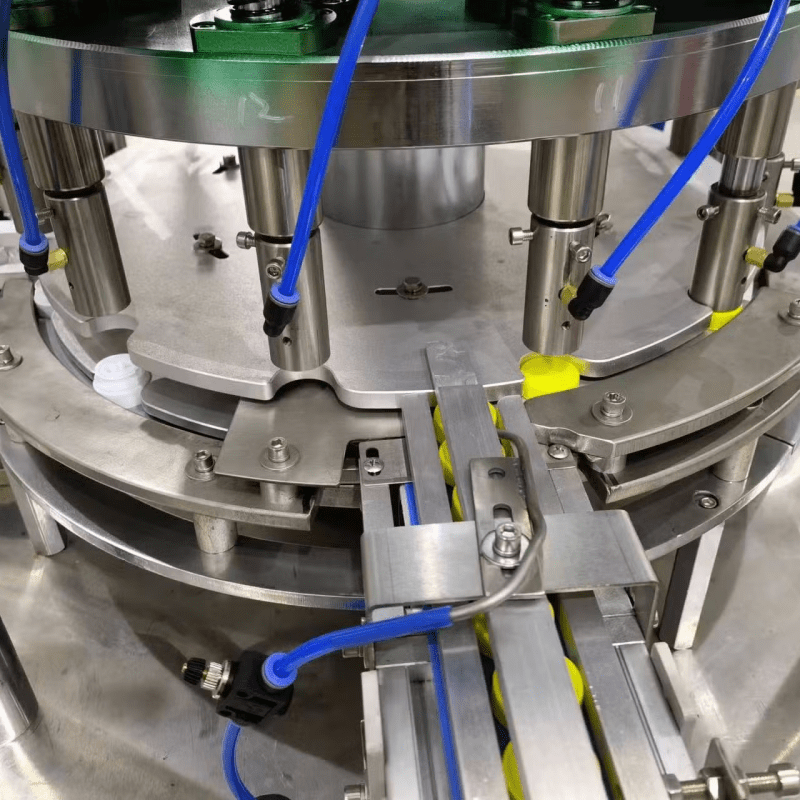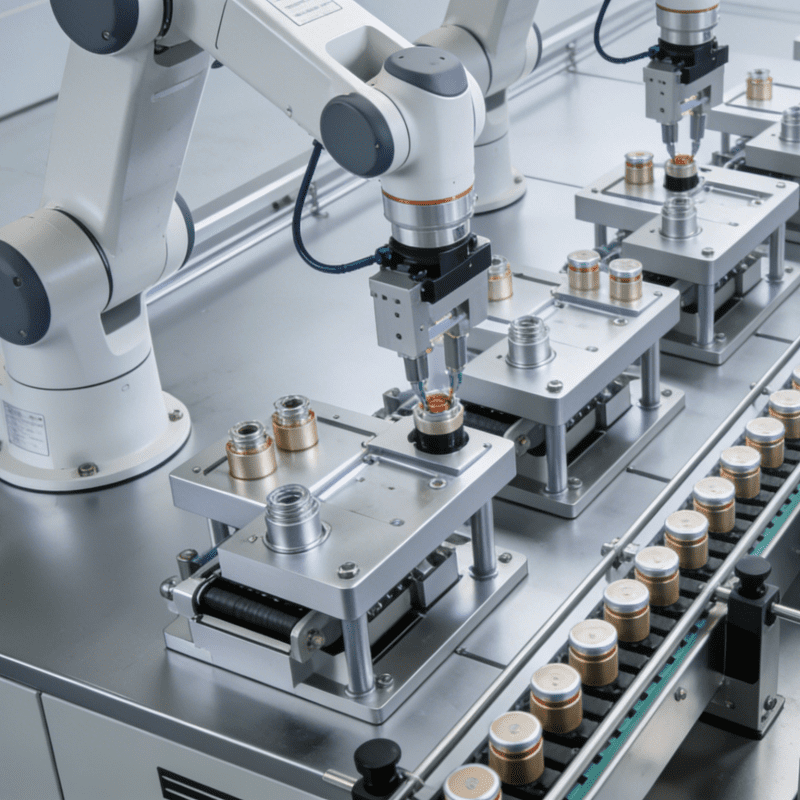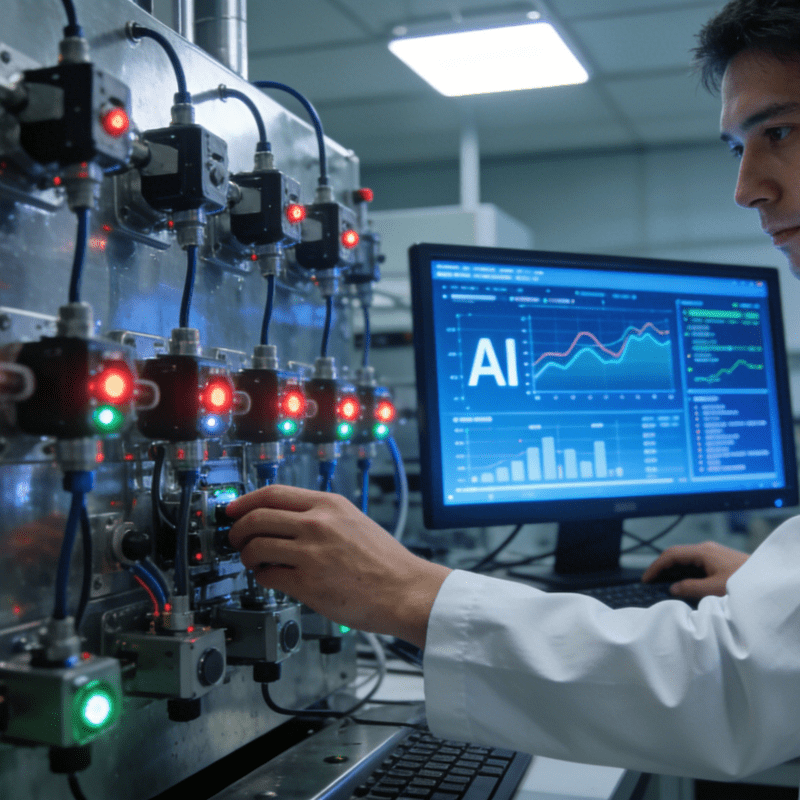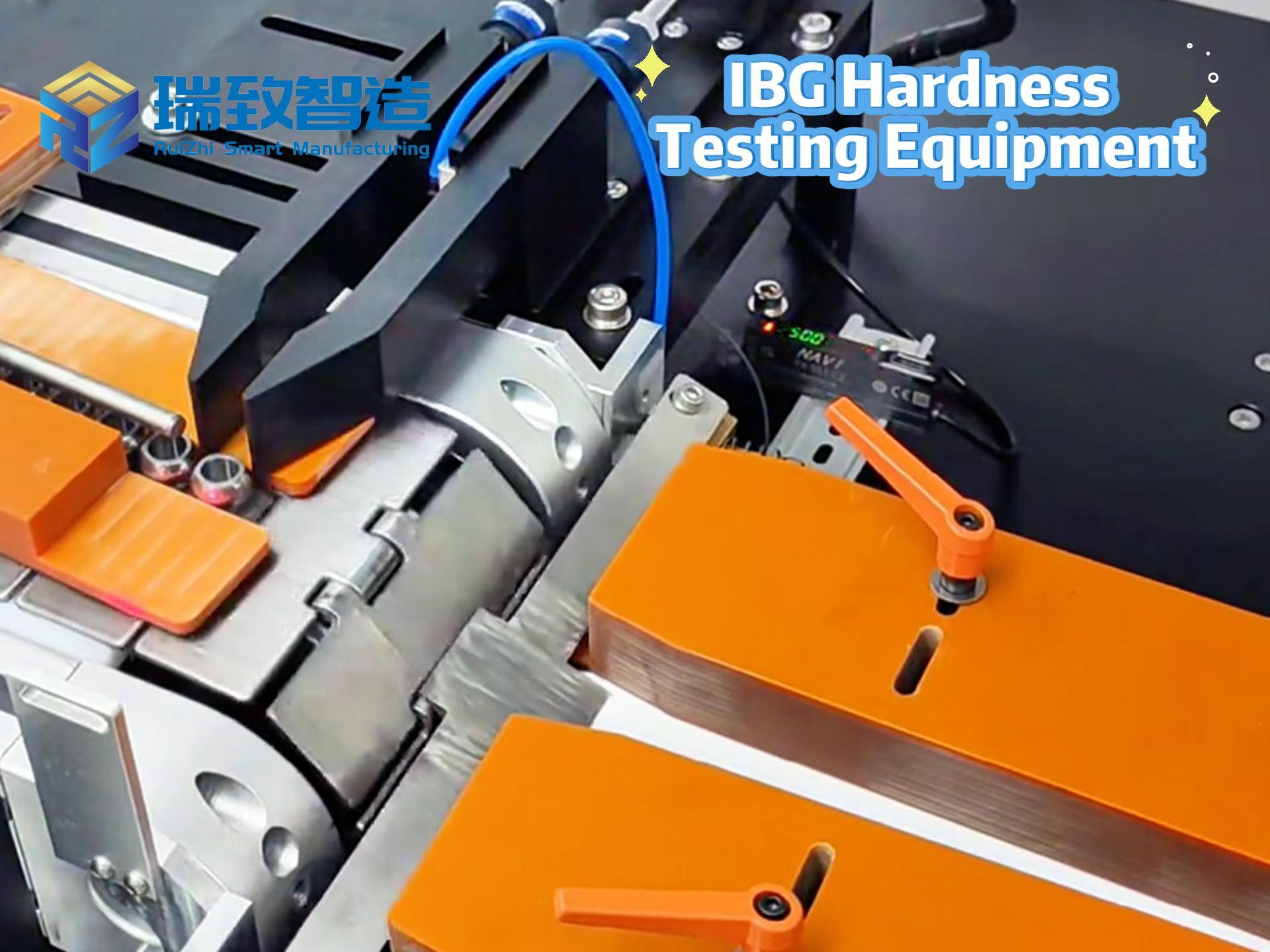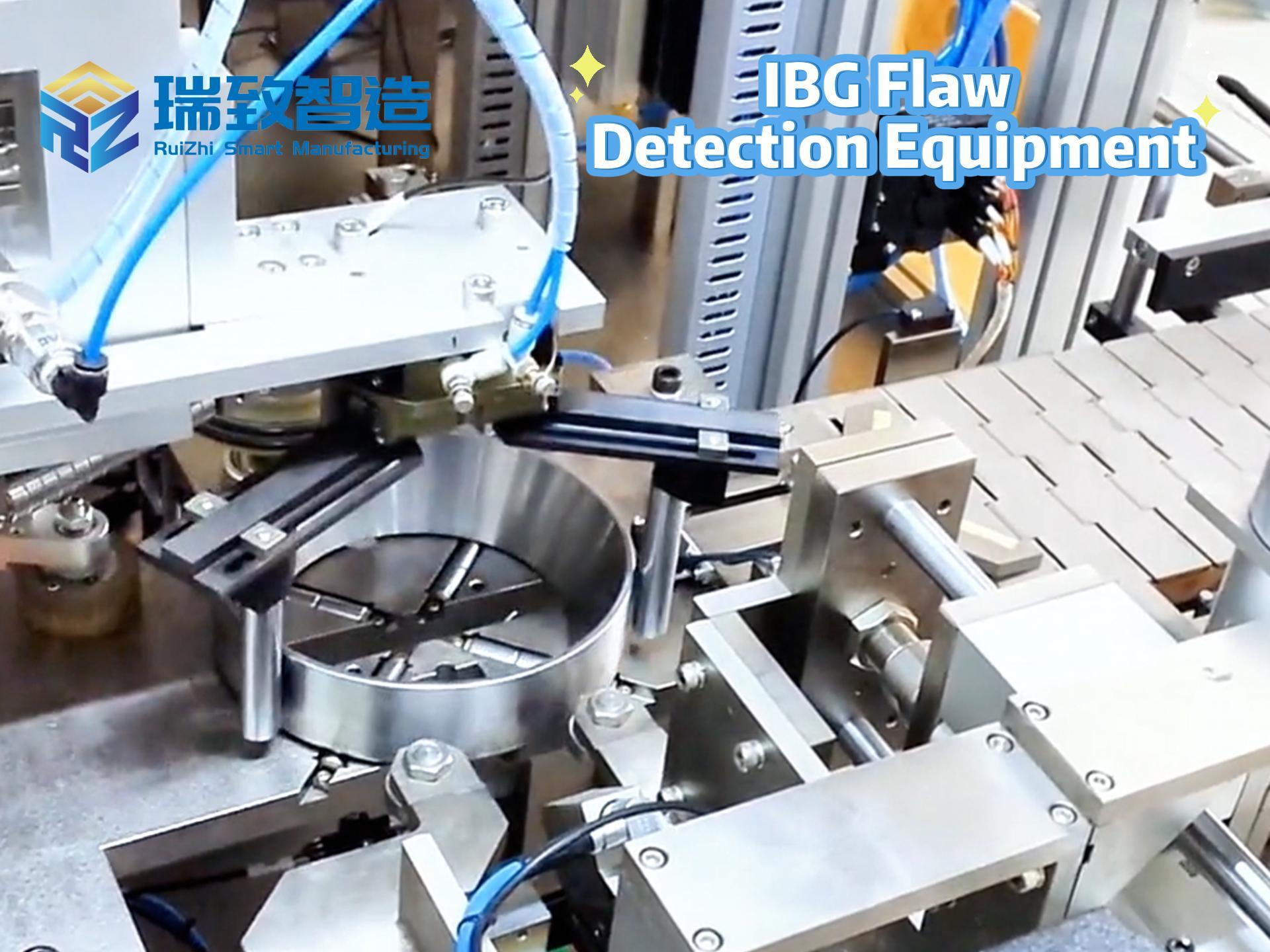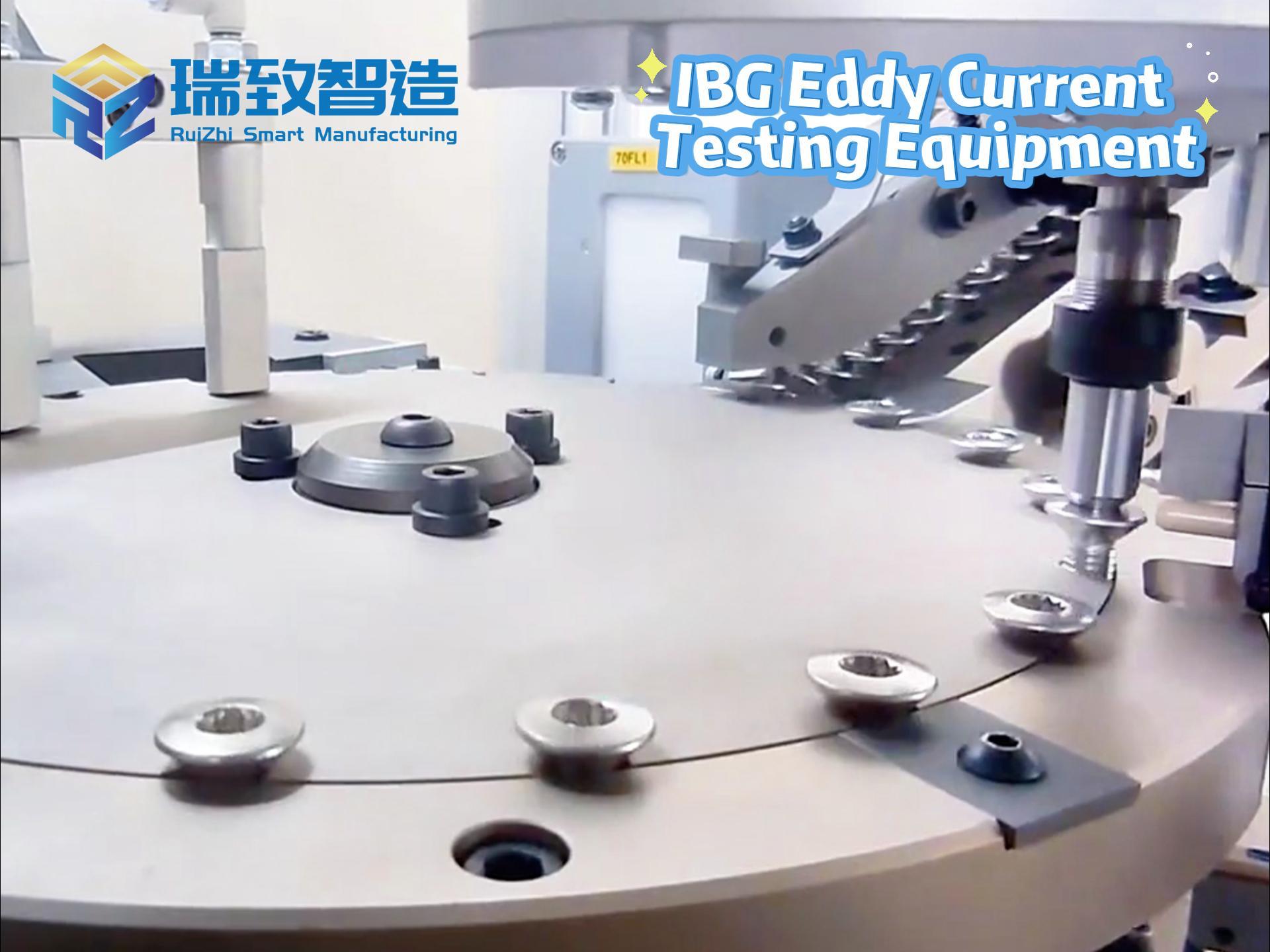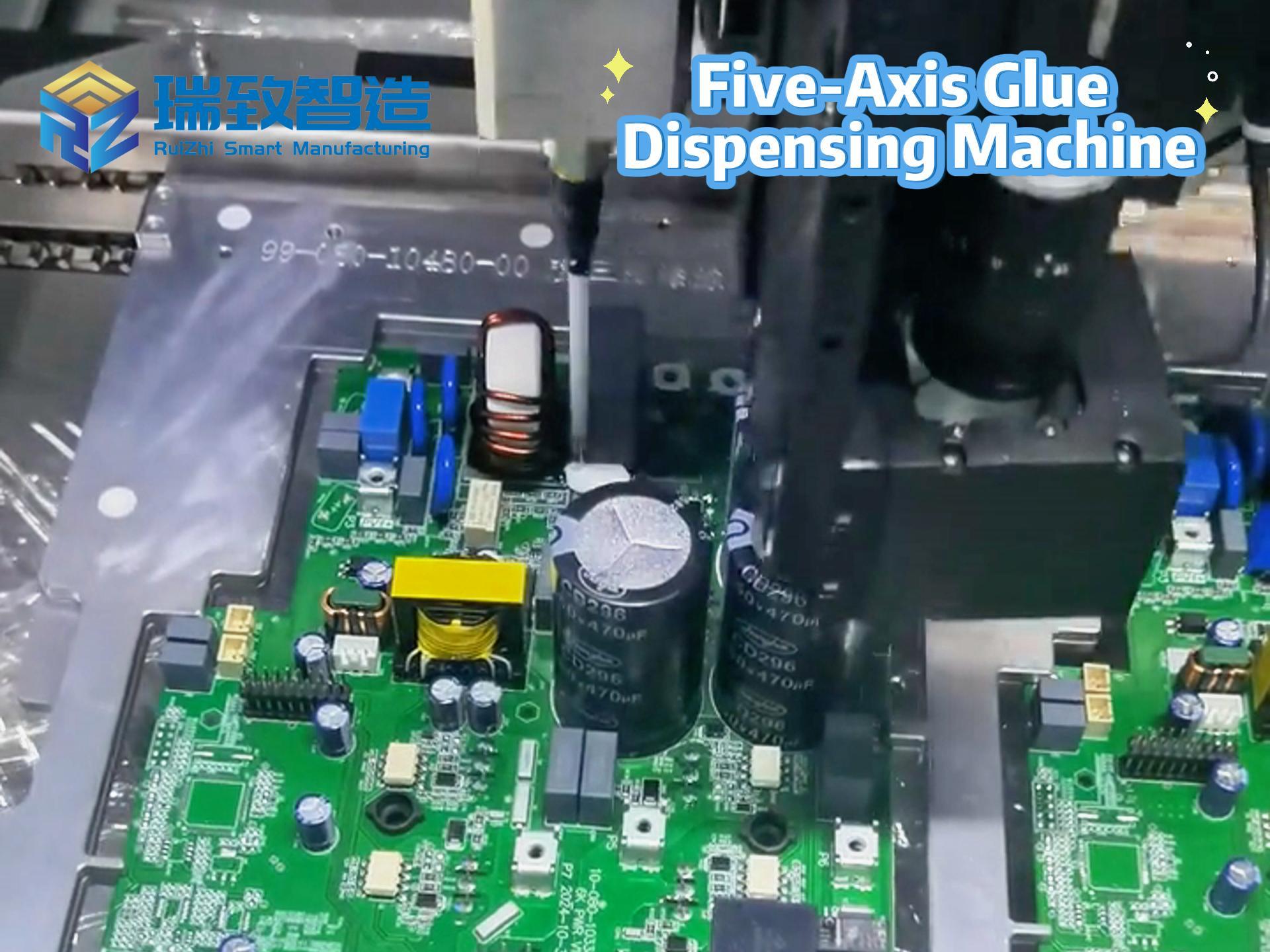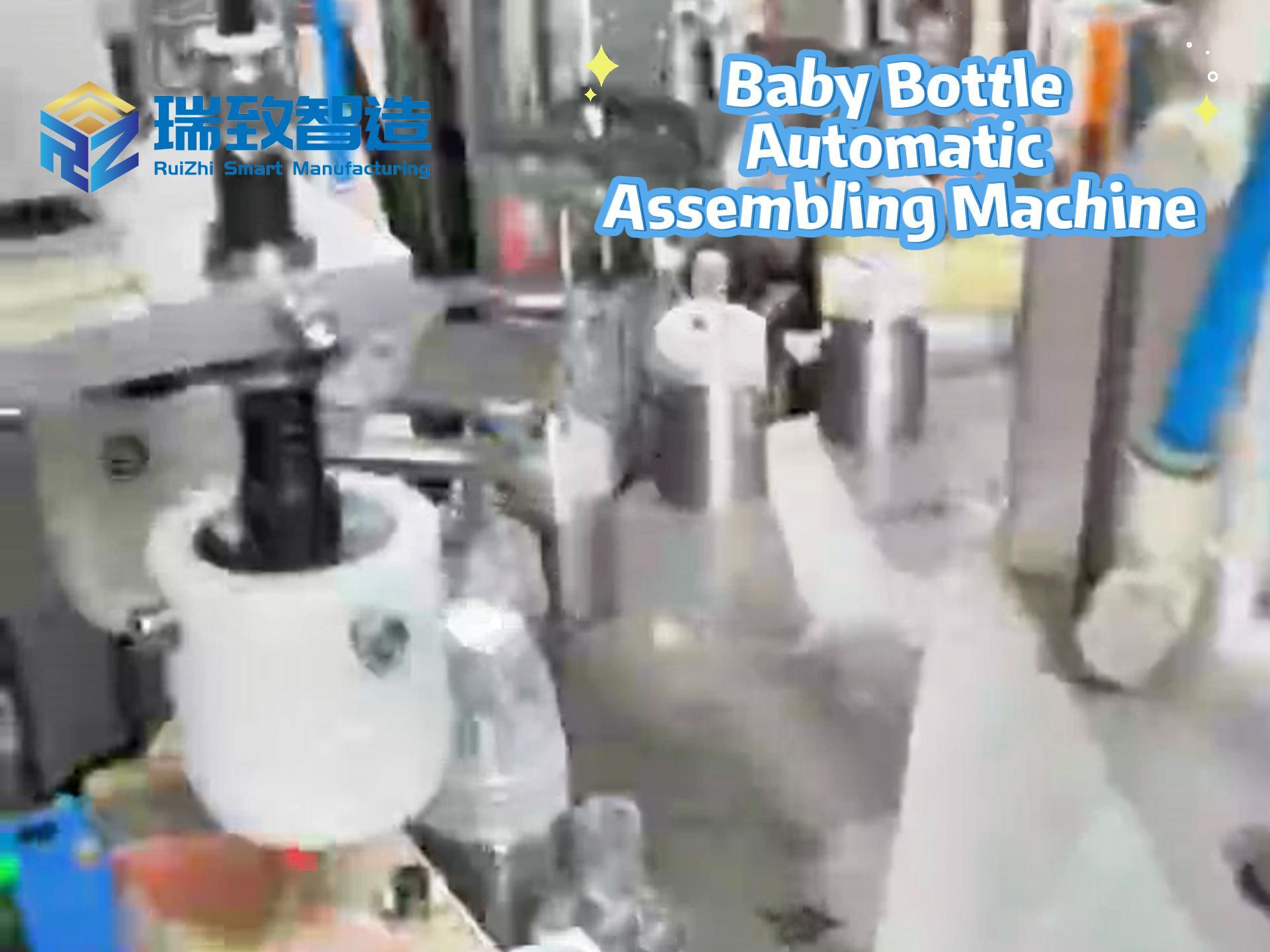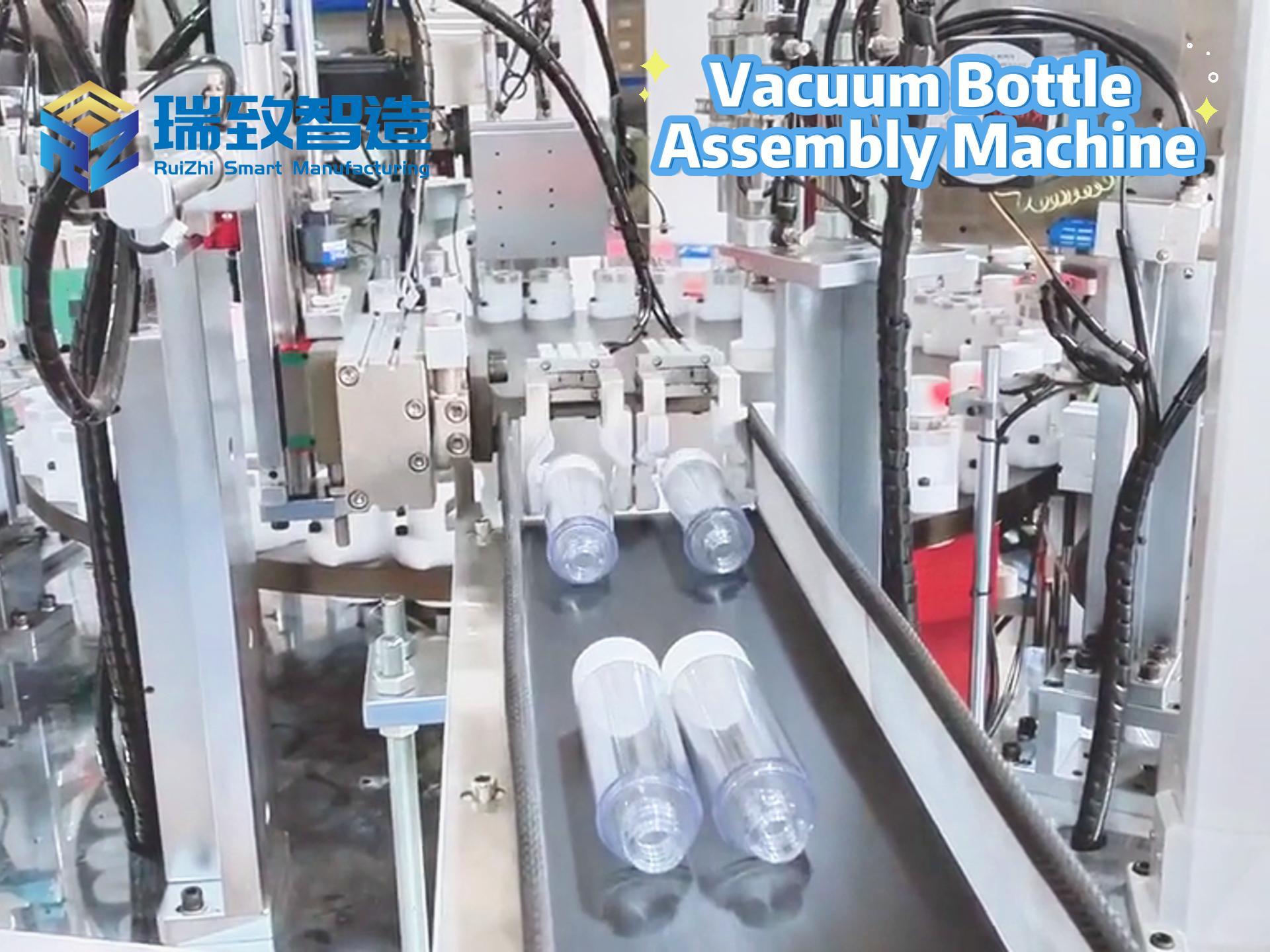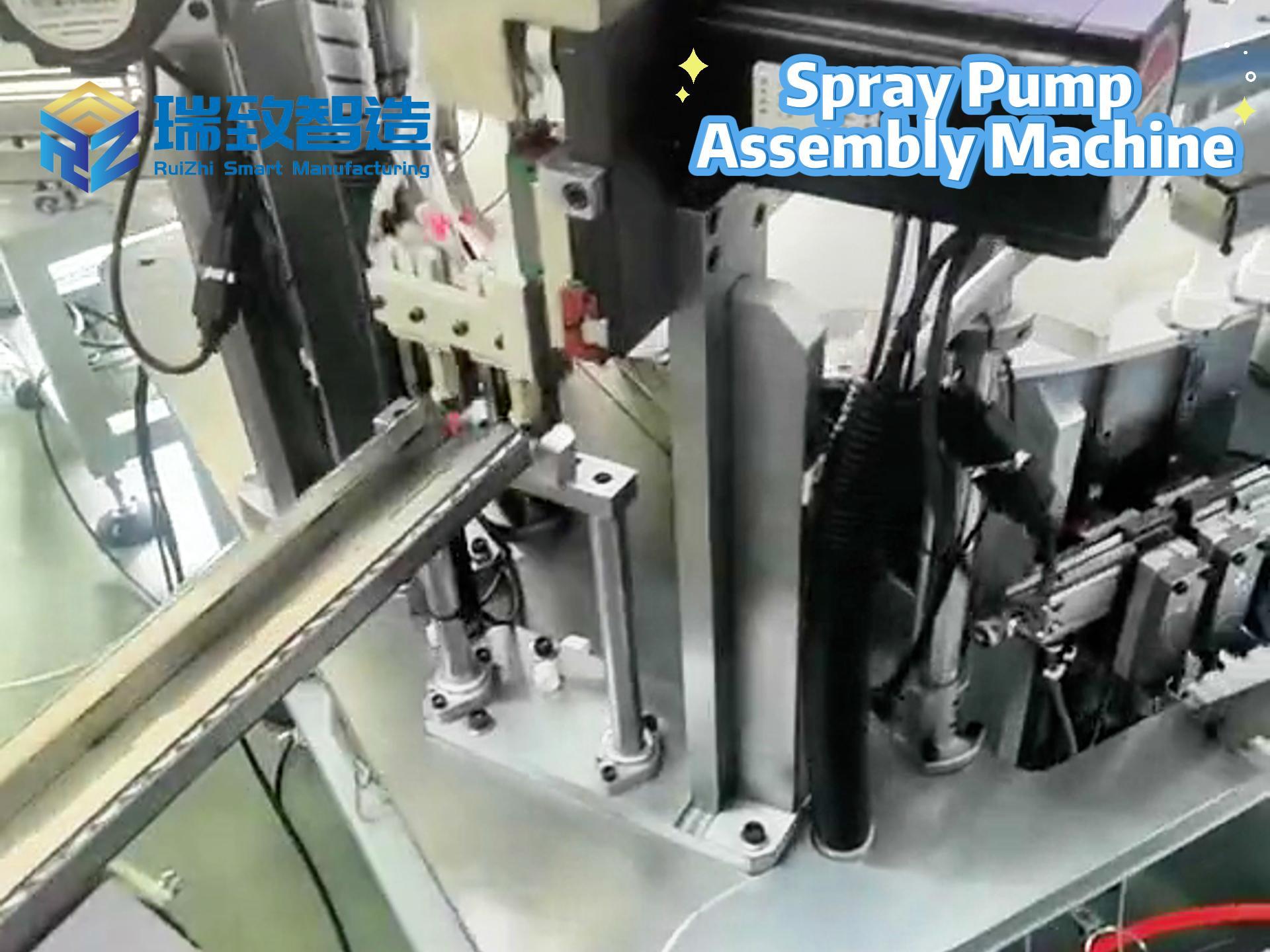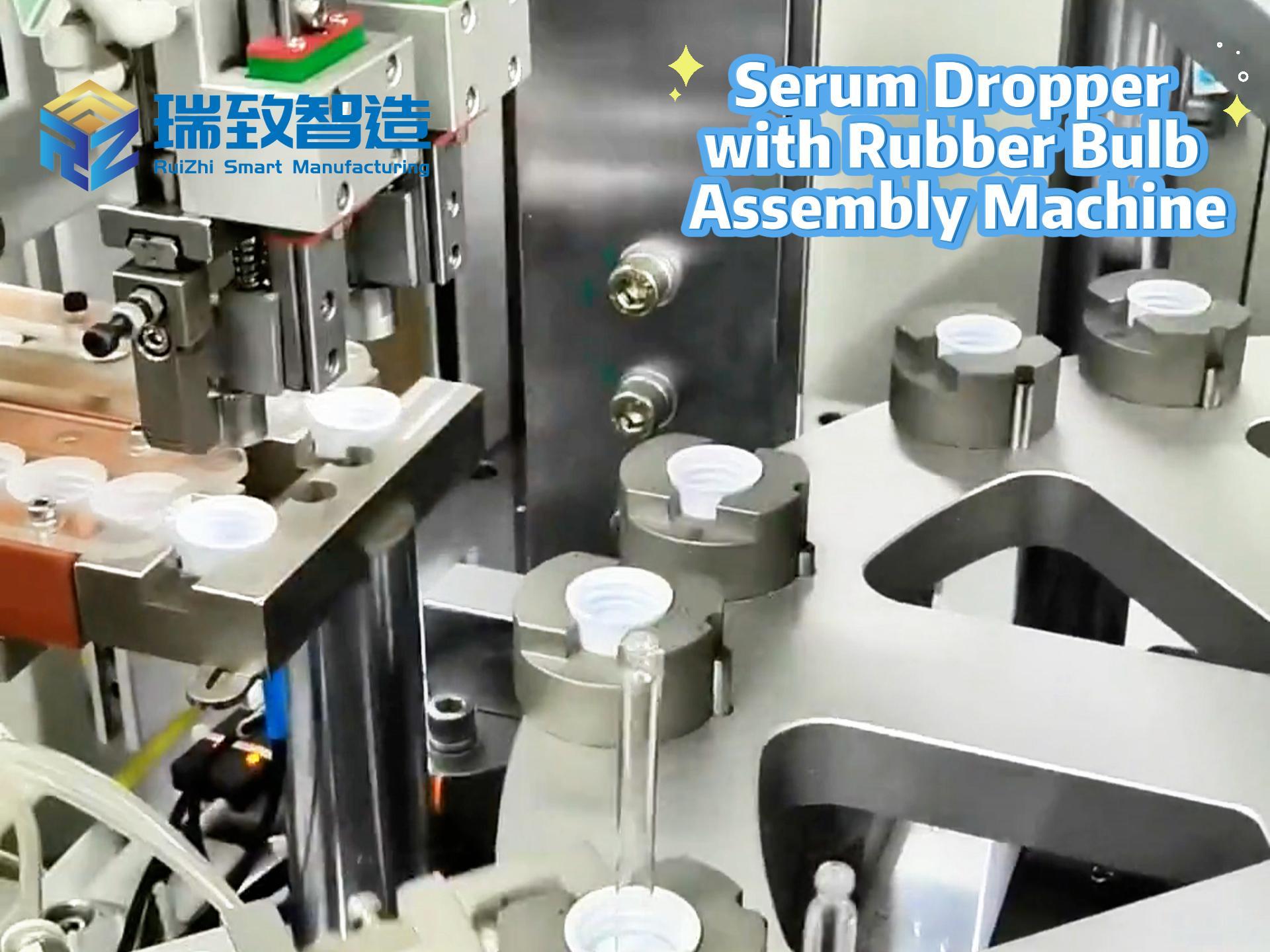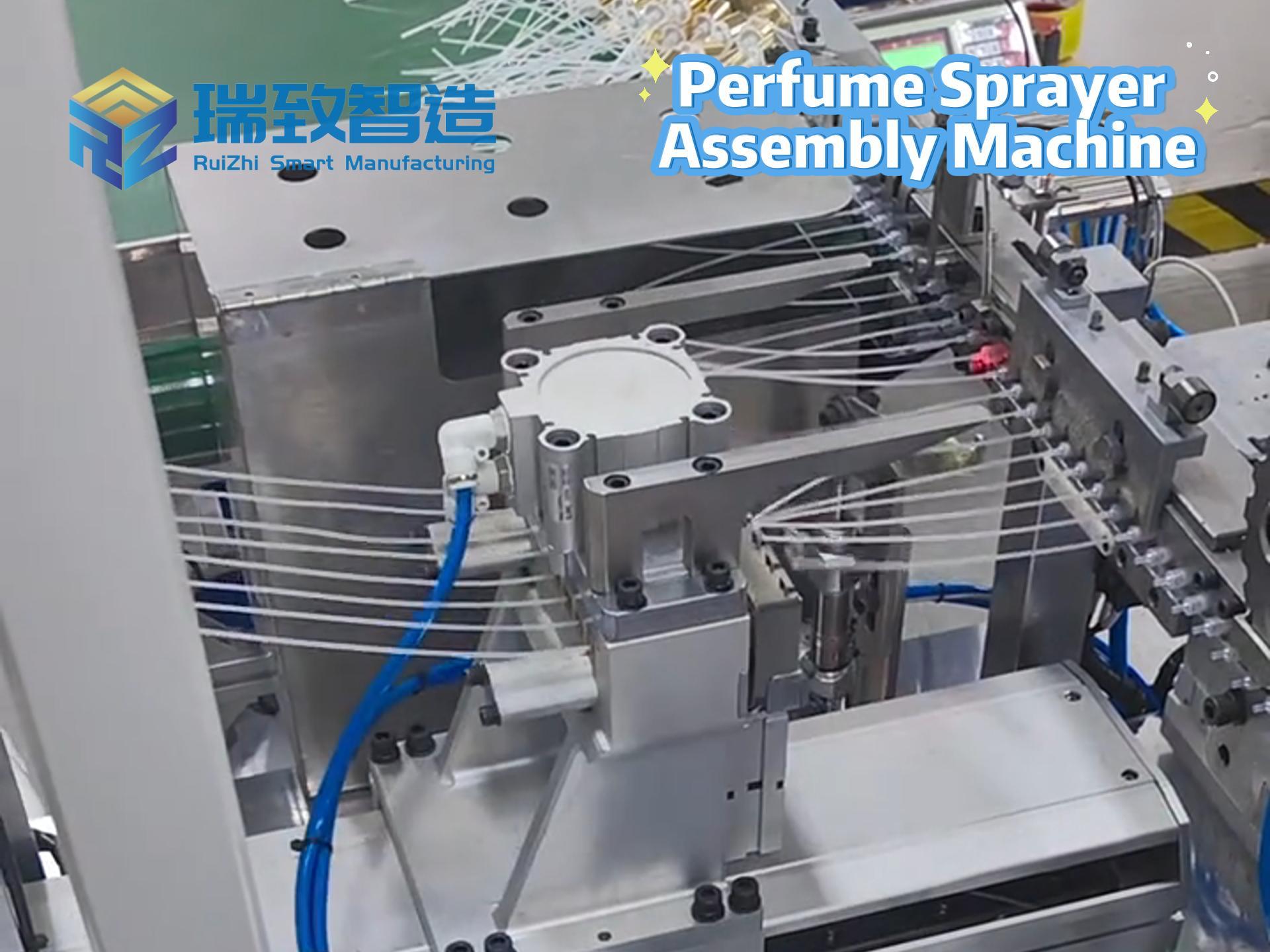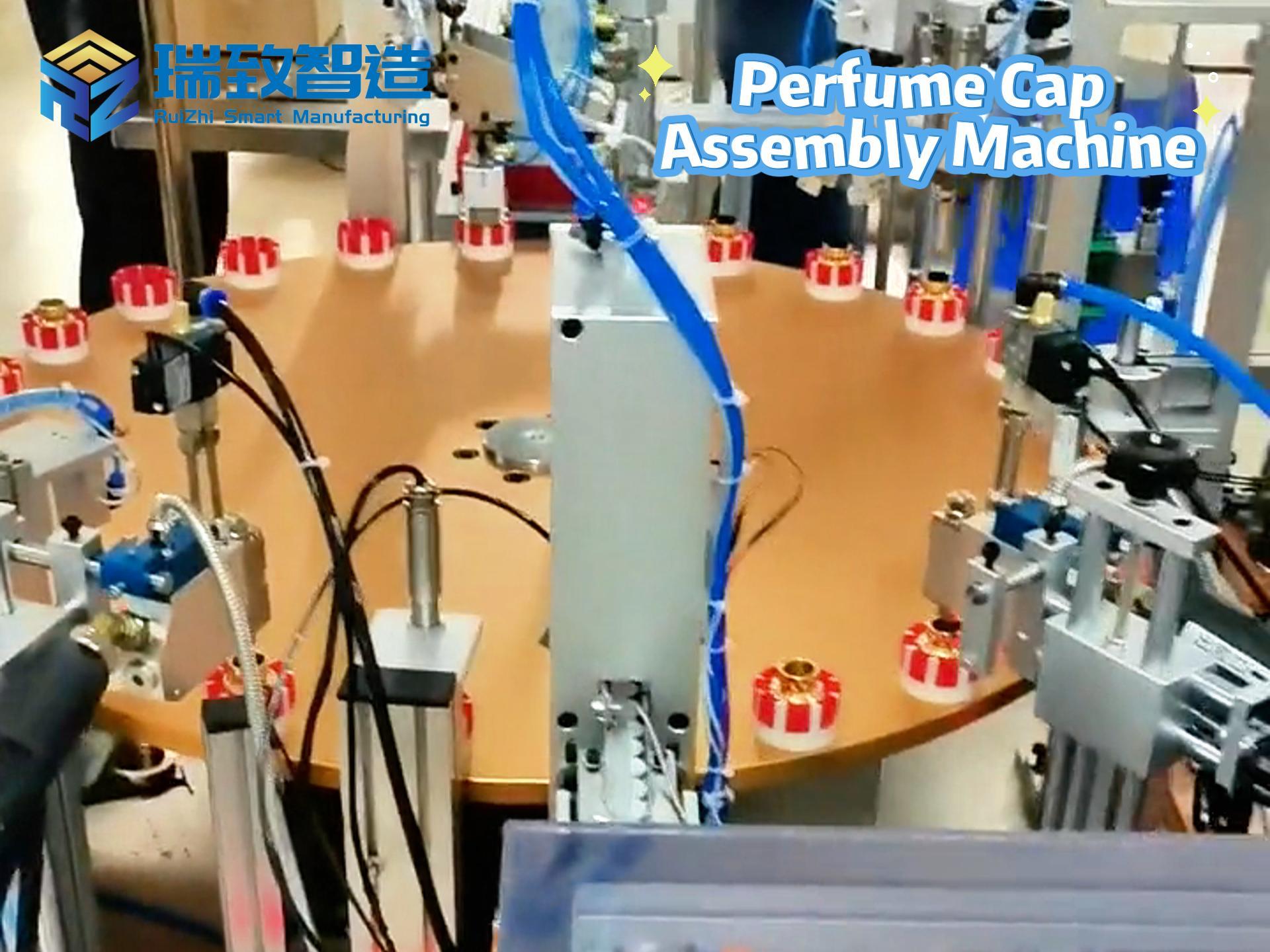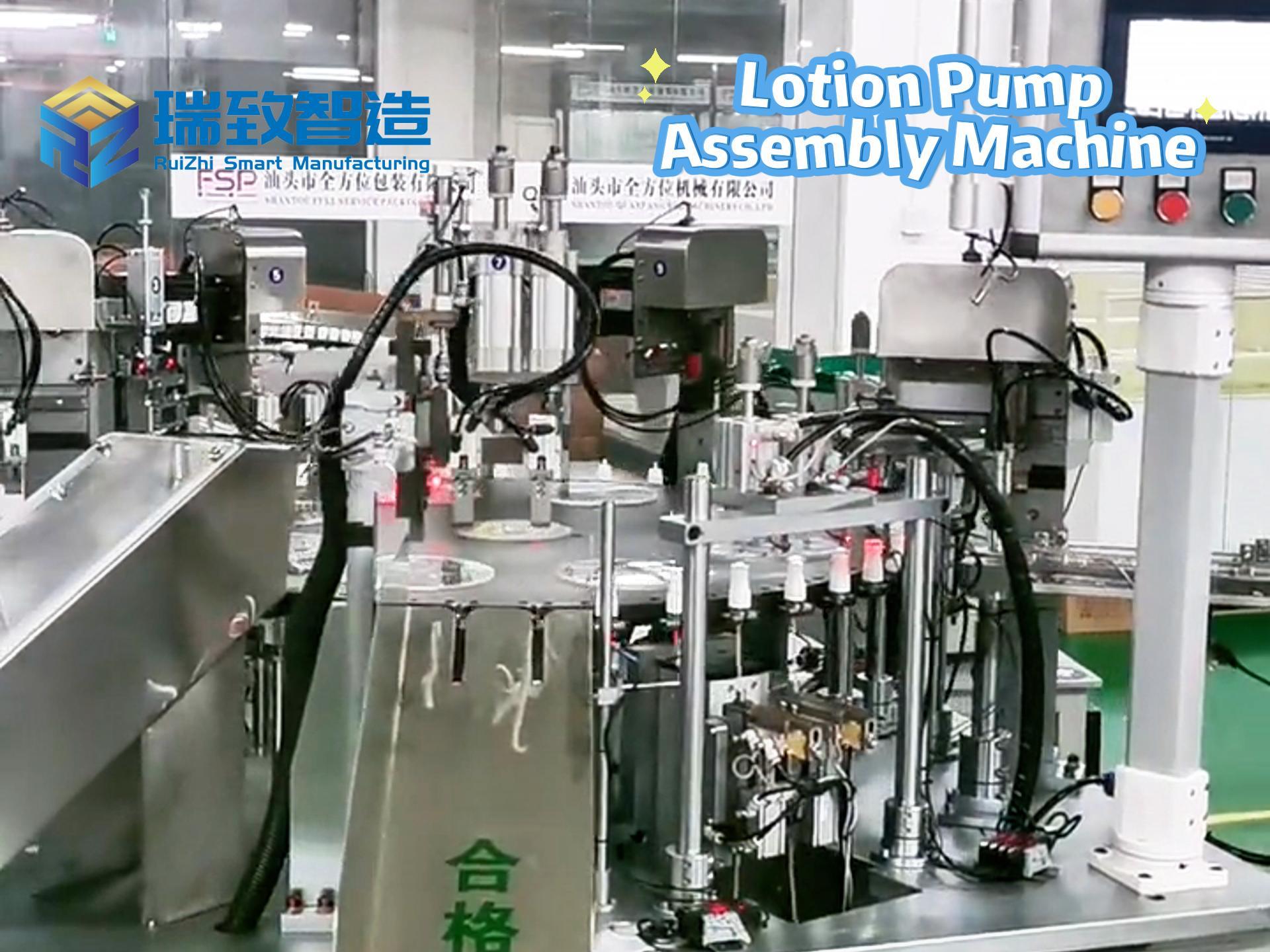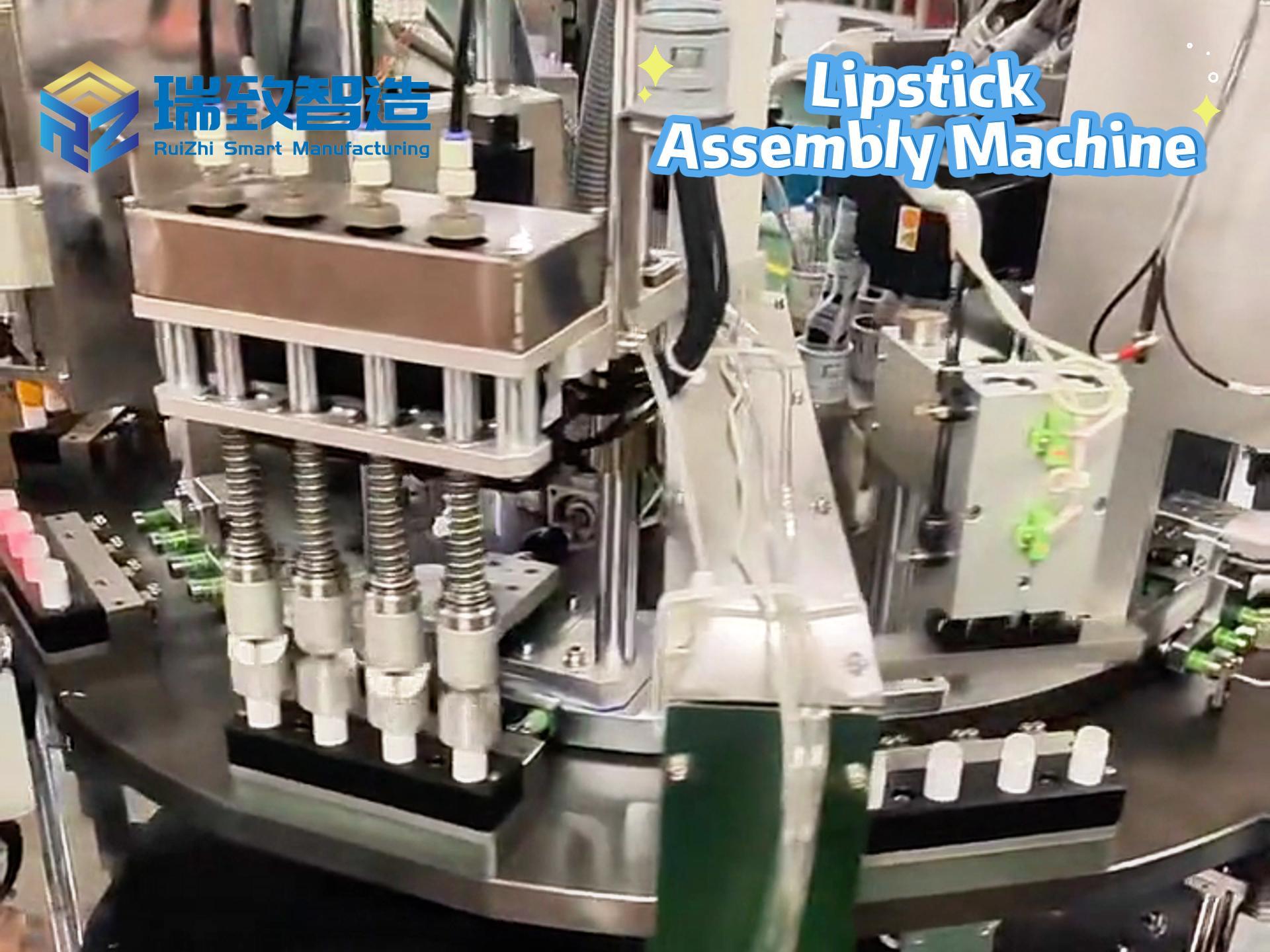
Effective from September 1st! AI-generated content must be labeled
The Measures for the Identification of AI-Generated Content (hereinafter referred to as the Measures) will come into effect on September 1, 2025.
The Measures make it clear that labels should be used to remind users to identify false information, clarify the labeling responsibilities and obligations of relevant service entities, standardize labeling behaviors in all links of content production and dissemination, and stipulate that no organization or individual shall maliciously delete, alter, forge, or conceal the labels of generated content as specified in the Measures. Labels for AI-generated content include explicit labels and implicit labels.
National Development and Reform Commission: Multiple measures to support the development of artificial intelligence, including issuing computing power vouchers to reduce R&D costs for innovation entities
On August 29, Zhang Kailin, Deputy Director of the Department of Innovation and High-Tech Development of the National Development and Reform Commission, stated at a press conference that promoting the “Artificial Intelligence +” initiative is a systematic work. The National Development and Reform Commission will continue to play a good role in overall coordination, and work with relevant departments and local governments to make efforts in both hard investment and soft construction. In terms of grasping major projects, it will give full play to the guiding and driving role of government investment, make good use of policies such as “two priorities” and “two news”, central budgetary investment, and local government special bonds to support the development of artificial intelligence, and issue computing power vouchers to reduce the R&D and use costs of innovation entities. These supporting measures are accelerating the penetration of AI technology into traditional manufacturing industries. For example, in the bathroom production field, the Bathroom shower head assembling machine has realized automatic identification of different types of sprinklers, component grasping and sealing assembly by integrating AI visual inspection and adaptive assembly algorithms, improving the assembly accuracy to ±0.1mm, and increasing production efficiency by 40% compared with traditional equipment, becoming a typical case of AI enabling segmented manufacturing scenarios.
Alibaba has developed a new AI chip, which is currently being tested
It is reported that Alibaba has developed a new AI chip to fill the gap left by NVIDIA in the Chinese market. Insiders said that the new chip is currently being tested, aiming to serve a wider range of artificial intelligence inference tasks and is compatible with NVIDIA. The new chip is no longer manufactured by TSMC, but by a domestic enterprise.
Huawei’s Xu Zhijun’s latest statement: The foundation of the HarmonyOS ecosystem has been established
On August 30, Xu Zhijun, rotating chairman of Huawei, said in a speech that the foundation of the HarmonyOS ecosystem has been established. At present, leading Internet applications have been adapted to HarmonyOS, and medium and long-tail applications are also joining one after another, making the HarmonyOS ecosystem basically easy to use. However, the HarmonyOS ecosystem is still in the stage of ecological introduction, and it is hoped that more chip manufacturers, hardware device manufacturers, software developers, and application developers will join the open-source HarmonyOS community.
Time magazine released the annual AI 100 list: Chinese entrepreneurs such as Ren Zhengfei are included
Time magazine released the list of the 100 most influential people in the AI field in 2025. The list includes many AI stars, such as Sam Altman, Jensen Huang, Elon Musk, as well as many employees from major companies such as OpenAI, Meta, and Google. Chinese faces also have a place in the list, including Liang Wenfeng, CEO of DeepSeek, Ren Zhengfei, founder of Huawei, Wang Xingxing, CEO of Unitree, Peng Jun, CEO of Pony.ai, etc.
Shenzhen releases 60 “AI + Ocean” application scenarios
On August 28, 2025, Shenzhen released the “AI + Ocean” industry application scenario list at the “Agent + Scenario Driven” forum. Shenzhen Municipal Bureau of Ocean Development, together with China Merchants Port Group, CIMC Offshore Engineering Intelligent Innovation Center and other institutions, launched a total of 60 application scenarios covering three categories: marine business, industry and public services. The content involves marine law enforcement, deep-sea resource development, port shipping, underwater robots, marine ecological protection and other fields, aiming to promote the in-depth integration of artificial intelligence and marine economy.
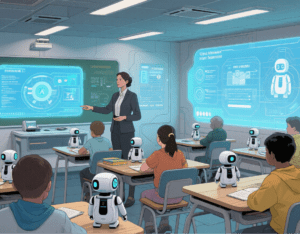
China Telecom and Alibaba sign strategic cooperation agreement
China Telecom and Alibaba held a strategic cooperation signing ceremony in Hangzhou. Ke Ruiwen, Chairman of China Telecom, Wu Yongming, CEO of Alibaba Group, Tang Ke, Vice President of China Telecom, and Li Jin, Vice President of Alibaba Group witnessed the signing. Hu Zhiqiang, General Manager Assistant of China Telecom, and Xiang Huangmei, Vice President of Alibaba Group, signed the agreement on behalf of both parties. According to the agreement, the two parties will carry out in-depth cooperation in cloud and AI infrastructure, new service e-commerce, social value innovation and other fields. They will also focus on key industries, jointly create integrated solutions for digitalization and AI applications, and give full play to their global service capabilities to jointly serve Chinese enterprises going global.
Danghong Technology and Yunshenchu Technology sign a robot business cooperation agreement
On the morning of August 29, Yunshenchu Technology and Danghong Technology officially signed a “Robot Business Cooperation Agreement”. The two parties plan to jointly develop and sell quadruped robots suitable for emergency response, fire protection and other scenarios, and launch remote control series robot products. Some series of robot dogs of Yunshenchu Technology will be equipped with Danghong Technology’s BlackEye Vision ultra-long-distance remote control system as standard in specific industry application solutions to jointly expand the industry application market.
Ruisheng Intelligent’s subsidiary is pre-selected for China Mobile’s ICT project
On August 29, 2025, Ruisheng Intelligent issued an announcement that its wholly-owned subsidiary Ruifeng Intelligent was pre-selected for the ICT project of China Mobile Hunan Yongzhou Branch, with a total price of 63.4852 million yuan including tax. The project products mainly include computing power server hardware and systems, with a total price of 56.1816 million yuan excluding tax and a tax rate of 13%. The project amount accounts for about 14.5% of the company’s operating income in 2024.
Midea Group: Net profit in the first half of the year was 26 billion yuan, a year-on-year increase of 25%
Midea Group disclosed its semi-annual report. In the first half of 2025, the company’s total operating income was 252.3 billion yuan, a year-on-year increase of 15.7%, and the net profit attributable to the parent company was 26 billion yuan, a year-on-year increase of 25%.
Red Star Macalline establishes a new technology company in Changchun, including AI and automobile businesses
Recently, Changchun Red Star Macalline Tonghui Technology Co., Ltd. was established, with Peng Yong as the legal representative and a registered capital of 2 million yuan. Its business scope includes system integration services for artificial intelligence industry applications, automobile sales, new energy vehicle sales, new energy vehicle electrical accessories sales, etc. The equity penetration chart shows that the company is indirectly wholly owned by Red Star Macalline Home Furnishing Group Co., Ltd.

